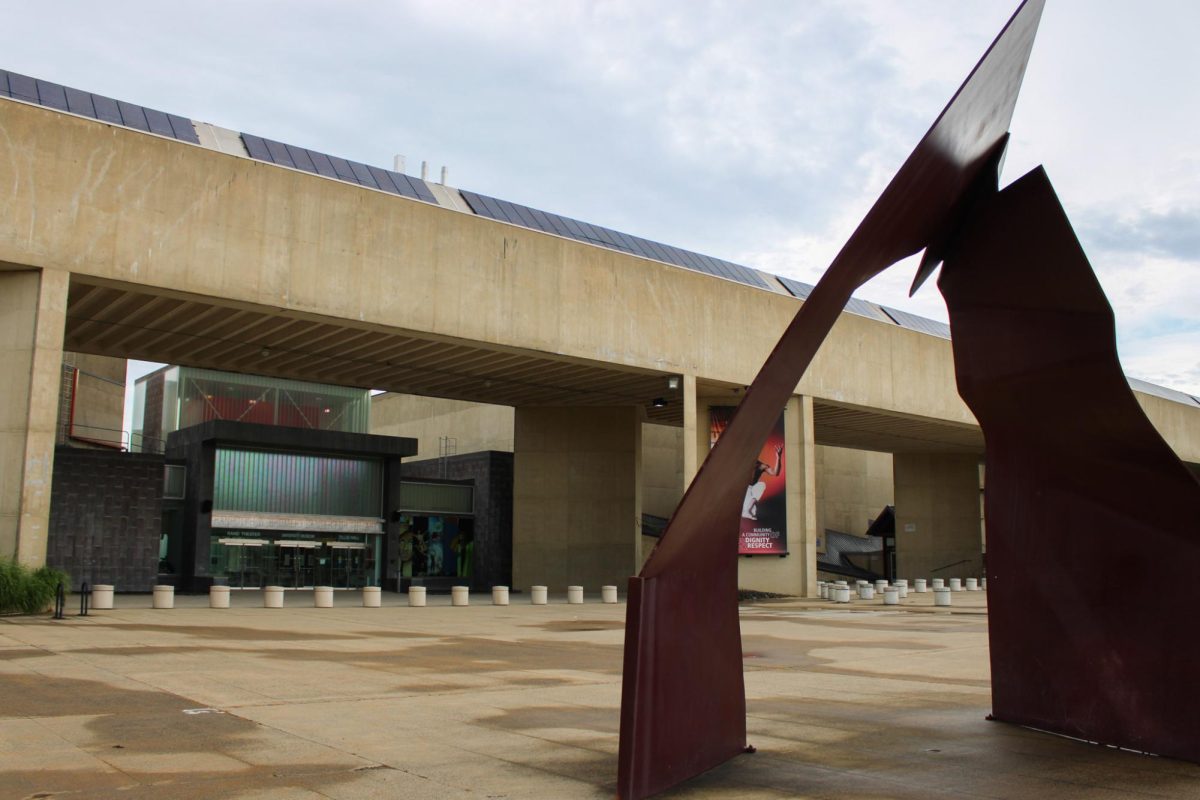In slightly over two weeks, the University of Massachusetts Class of 2012 will graduate and enter a sobering job market. Taking unemployment into consideration, job prospects for applicants with bachelor’s degrees fell last year to the lowest in over a decade, according to a recent analysis of government data by the Associated Press.
At 4 p.m. yesterday afternoon, President Barack Obama addressed the loans soon-to-be faced by near-graduates with student journalists from across the country.
Following several rings, callers were greeted by a teller who asked which call they would like to be connected to. They asked to be connected to the President.
After a few moments, President Barack Obama took the line and welcomed the callers.
“Hey everybody, thanks for being on the call. I’m joining you guys on Air Force One,” he said, explaining the static heard in the background.
He opened the call on a personal note.
“When Michelle [Obama] and I graduated from college and law school, we had enormous debts and it took us a lot of years to pay off. That’s probably why I feel this thing so personally,” he said.
Obama focused the call on the cost of college loans. “For the first time now, we’ve got Americans owing more debt on their student loans than they do on their credit cards,” said Obama.
Currently, Obama and his administration are pushing for a year extension of the current interest rate of 3.4 percent on federal loans for higher education. Without the extension, the interest rate on Stafford loans will increase to 6.8 percent.
“If Congress doesn’t act on July 1, interest rates on Stafford loans, on student loans from the federal government, will double. Nearly 7.5 million students will end up owing more on their loan payment,” said Obama, adding that it would be “a tremendous blow,” and that it is “completely preventable.”
White House domestic policy director Cecilia Muñoz took the call following the President’s remarks.
Such rates, said Muñoz, would cost taxpayers $6 billion, because a lower rate would increase federal costs.
In Massachusetts, 160,000 students took out federal loans this past year. If the new rates take effect in July, the average cost of federal loans will increase by $1,000, according to White House spokesperson Matt Lehrich.
A bill to maintain the current loan rate was brought to the floor by U.S. Rep. Joe Courtney, D-Conn. It has 126 Democratic sponsors, but no Republicans currently support the bill.
Obama called supporting the bill “a question of values,” adding, “We’ve got to build an economy where everybody is getting a fair shot, everybody is doing their fair share and everybody is playing by the same set of rules. That’s ultimately how the middle class gets stronger, and that’s an economy that’s built to last.”
Obama had spent the day at the University of North Carolina-Chapel Hill, where he discussed student loan debt, and at the University of Colorado at Boulder, where he spoke last night. Today, he will speak at the University of Iowa, stumping in three swing states crucial to hold on to the White House for another four years.
In the 2008 election, Obama received 60 percent of votes from young people.
In North Carolina yesterday afternoon, Obama also spoke of the need for higher education.
“Whether you’re here at a four-year college or university, or you’re at a two-year community college, in today’s economy there’s no greater predictor of individual success than a good education,” he said.
Addressing the high rate of unemployed recent graduates, Obama said “Right now, the unemployment rate for Americans with a college degree or more is about half the national average. The incomes of folks with a college degree are twice as high as those who don’t have a high school diploma. A higher education is the clearest path into the middle class.”
Michelle Williams can be reached at [email protected]. Mary Reines also contributed to this report.












